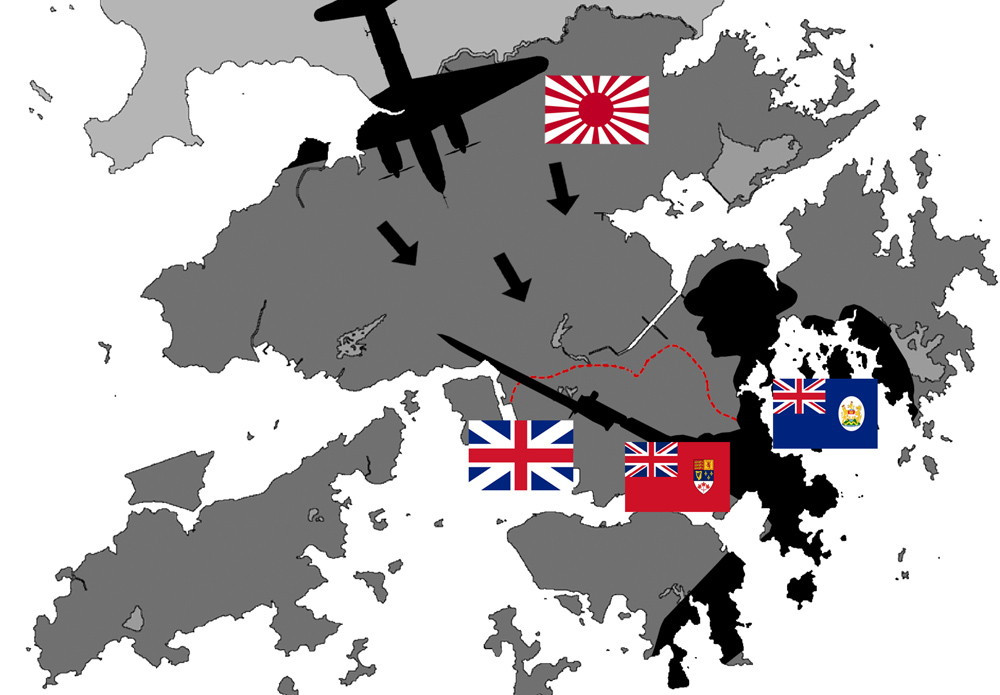Memories of what was
The connection between Canada and China during World War II
I have always admired Canada’s position in international conflicts.
Canada has played an important role in helping to maintain peace around the world in the past. In my home country of China, people respect Canada for its contributions to China during World War II. But now I see Canada is moving towards a more aggressive military policy rather than that of peace.
Perhaps what many people do not know is that there was a connection between Canada and China during World War II, partially because of Canadian physician Norman Bethune, who saved the lives of many Chinese people and is the best-known Canadian in China.
Canada has played an important role in addressing the issue of “Comfort Women,” cases of sexual slavery committed by the Japanese military throughout their invasion of East and South East Asia. During World War II, the Empire of Japan forced women and girls to provide forced sexual services to the Japanese military. It is estimated that approximately 200,000 women were involved, including women from Korea, China, Taiwan, Philippines, and the Netherlands. While the Japanese government has refused to acknowledge this act, the Canadian House of Commons unanimously passed a motion, spearheaded by Ontario politician Olivia Chow, to encourage the Government of Japan to recognize its role in this crime against humanity and to make “a formal and sincere apology” to comfort women (House of Commons Motion 291, 2007). This effort by the Canadian government is a strong testament to the leadership and friendship of Canada to the victims of this crime.
In addition to supporting the victims of the “Comfort Stations,” the battle of Hong Kong, which lasted from December 8 to 25, 1941, was another connection between Canada and China. The Empire of Japan invaded Hong Kong, which was a British colony at that time, on the same day it attacked Pearl Harbour and started the Pacific battlefield of World War II. British, Canadian, and Indian troops joined with local troops to defend Hong Kong. The battle lasted 17 days, and the Japanese army ultimately occupied Hong Kong. The Canadian army, however, made a significant contribution to the defense of the city. The Canadian force consisted of 1,975 soldiers that were from the Winnipeg Grenadiers and the Royal Rifles of Canada from Quebec. Approximately 290 Canadian soldiers were killed in battle, and 493 wounded. In the following three and a half years of Japanese occupation, over 10,000 Allied soldiers were imprisoned. In all, 260 Canadian soldiers died in Japanese imprisonment following the battle of Hong Kong.
The Canadian contributions to both defending Hong Kong during the war and defending the rights of victims after the war clearly bring Canadians and Chinese together. It bridges a friendship that is rooted in our history.
Sometimes a reminder of our history is important to lead discussions for the future.
I think Canada should rebuild its pride in contribution to supporting peace rather than engaging in conflicts overseas that are politically driven.
Jennifer Chen is originally from Nanjing, China. She graduated from the University of Manitoba with a M.Sc. degree in Kinesiology. She is passionate about multiculturalism and community service.
Published in Volume 69, Number 12 of The Uniter (November 19, 2014)







